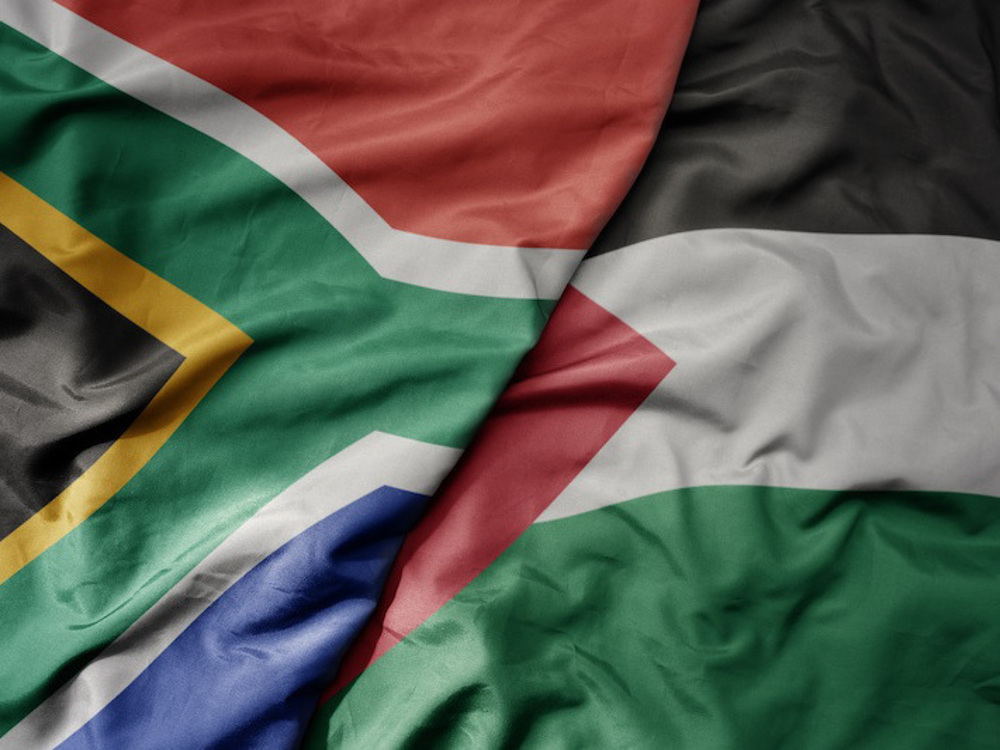UN Committee Against Torture urges Burundi to address abuses
The UN Committee Against Torture urged Burundi on Friday to address abuses in the country, including extrajudicial killings and widespread torture and sexual harassment.
"We have reports and information that indicates that the torture and the murder is politically motivated, and whether it also has an ethnic component, there are certain indications for that," Jens Modvig, chair of the committee, also known as CAT, told reporters in Geneva.
CAT also voiced alarm at the use of "genocidal rhetoric" in Burundi’s national political discourse. The committee expressed concern that ethnically-motivated verbal attacks could become serious.
Modvig said Adama Dieng, the UN's top expert on the prevention of genocide, had warned that "we are in the early stage of something that could develop towards genocide" in Burundi.
Last year, Dieng warned that the Burundian government and the opposition were both manipulating ethnic tensions by pitting the Hutu and Tutsi tribes against each other.
The 10-member UN committee, which periodically reviews the records of the 156 countries that have ratified an international convention against torture, issued its report after a special review of the situation in the tiny landlocked African country in July.
Burundi has been gripped in chaos since President Pierre Nkurunziza announced plans in April 2015 to run for a third term, which he went on to win.
More than 500 people have been killed, many of them in extrajudicial executions blamed on Burundian police, security forces and militias linked to the ruling party, according to a UN report. At least 270,000 others have also fled the country.
In the 12-month period after the crisis began, UN investigators say, nearly 350 people have fallen victim to extrajudicial killings and over 650 incidents of torture have been recorded.
CAT member Sebastien Touze said the Burundian military, intelligence services and related militias were committing "extremely serious" abuses "with total impunity."
‘All wars have rules. All of those rules have been broken’ by Israel
VIDEO | Report flags India’s violation of rights of Rohingya detainees
Turkey's foreign minister meets Syria's de facto leader in Damascus
'Next to impossible' to rescue patients from Gaza's Kamal Adwan Hospital: Director
VIDEO | Vietnam current prosperity
Report blames gasoil exports for shortage at Iranian power plants
VIDEO | Hind Rajab Foundation names Israeli war criminals vacationing after Gaza genocide
VIDEO | Australians rally for Gaza ahead of Christmas festivities











 This makes it easy to access the Press TV website
This makes it easy to access the Press TV website